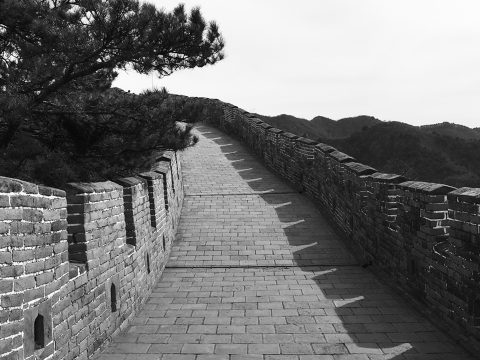PE Asia Forum: SE Asian Entrepreneurs Ready To Sell

This article was originally published on AVCJ on April 30, 2012 written by Clare Burrows.
Entrepreneurs will begin to look for ways to retire, opening doors for private equity firms in Southeast Asia, said panellists at the PE Asia Forum last week. However, foreign investors still encounter problems when investing in the region.
The time is approaching for 75-80 year-old entrepreneurs in Southeast Asia to retire, which will pave the way for more private equity deals, according to Nicholas Bloy, founder of Navis Capital, who spoke at PE Asia’s conference in Hong Kong last week.
He said, “There is a whole generation of entrepreneurs that are reaching a period where they want to hand over the reigns to the next generation.” Ideally, these businesses will be passed to family members, however in some cases this is not an option.
Not all entrepreneurs have a solid successor for their businesses, as many heirs who are educated abroad prefer to work as investment bankers or other financial professionals, explained the panellists.
Choon Hou Ho, executive director at Southern Capital Group, said, “Truthfully, a lot of the second generation don’t have any interest in a shipping business or a healthcare business, they want to join Goldman Sachs and so on and so forth. But they generally also want to be responsible shareholders. They might not sell 100 percent to you, but they will retain a significant stake to [benefit from] the upside.”
This is where private equity can step in. However, in some Southeast Asian countries, firms need to use caution when investing in a family business. Panellists focused on Indonesia, typically the most popular market in the region, saying that foreign ownership is still resented.
Foreign firms that invest in a business in Indonesia should steer clear of competition with local entrenched interests, Bloy said, adding that the local interests could take retalitory measures against the business. “You won’t be able to fight it, you won’t be able to do the same dirty tricks back, you won’t be able to take them to court and prove the case.”
Navis has had success with Indonesian investments in a modern health club and a language learning centre, Bloy said, because both businesses previously did not exist and therefore they have no local competitors.
Despite the obstacles, private equity still offers benefits to entrepreneurs such as assisting expansion regionally or globally. In addition, very significant expansion opportunities will emerge as the AFTA Southeast Asian free-trade region takes shape, Bloy said.
The region is becoming “increasingly integrated”, said moderator Chris Lerner, senior vice-president at Eaton Partners.



